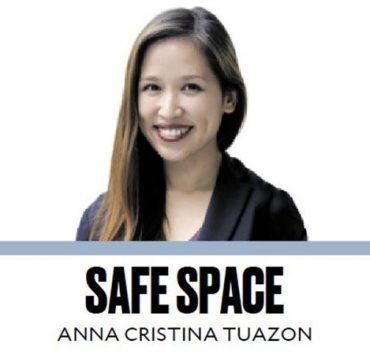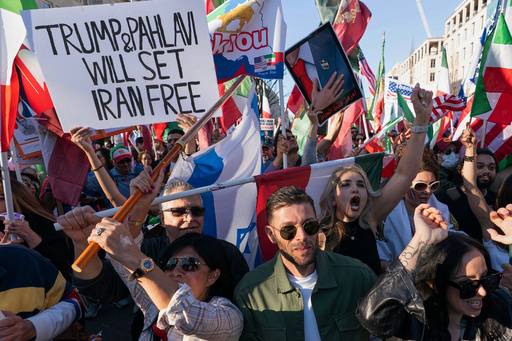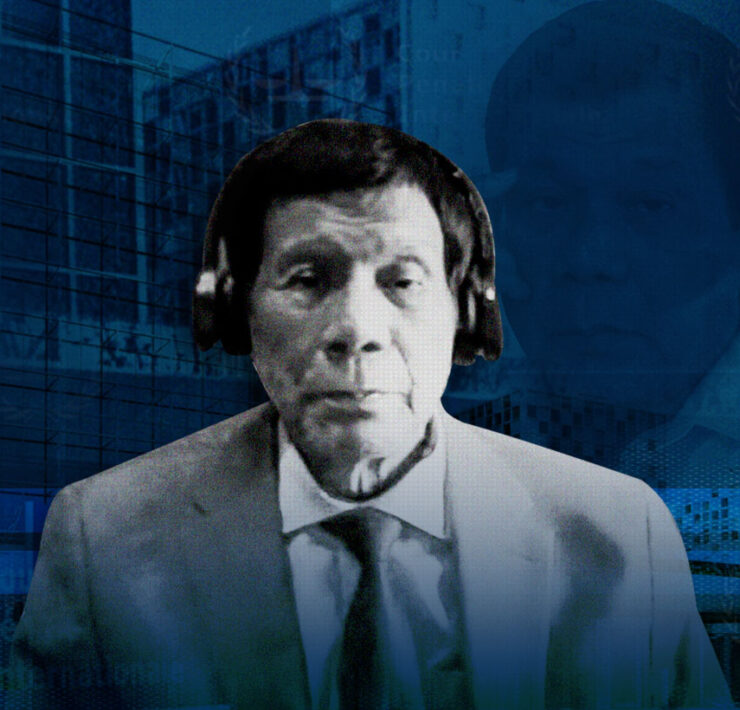‘Unconstitutional’ act

There they go again, attempting a last-minute legislative sleight of hand that would dribble to a later date a crucial electoral exercise, despite the Supreme Court having definitively disallowed such practice.
But politicians are nothing if not tenacious when it comes to ways that would allow them to further fortify their hold on their bailiwicks and strongholds. And so among the flurry of “midnight” legislation coughed up by the outgoing 19th Congress and now awaiting signature on President Marcos’ desk is a consolidated bill seeking the postponement of the barangay and Sangguniang Kabataan (BSK) elections set for Dec. 1 this year.
The reconciled version of House Bill 11287 and Senate Bill 2816 does not front-load that objective. Instead, it passes itself off as an “An Act Setting the Term of Office of Barangay Officials and Members of the Sangguniang Kabataan, and for other purposes,” mandating three consecutive terms of four years, from the previous three, for barangay officials, and a single four-year term for SK officials.
But then the bill tacks on the provision that the election for these officials be moved from December this year to the second Monday of November 2026—and there lies the rub. That proposal, if approved, would allow “incumbent barangay officials to continue serving in a holdover capacity—effectively extending their tenure without a public mandate,” as veteran election lawyer Romulo Macalintal pointed out in a statement appealing to Marcos to veto the bill.
Genuine periodic elections
Macalintal knows whereof he speaks, because he filed the successful suit that led to the landmark Macalintal v. Comelec case of 2023, in which the Supreme Court declared unconstitutional Republic Act No. 11935, the law that had postponed the BSK elections of Dec. 5, 2022, to the last Monday of October 2023.
“The free and meaningful exercise of the right to vote, as protected and guaranteed by the Constitution, requires the holding of genuine periodic elections which must be held at intervals which are not unduly long, and which ensure that the authority of government continues to be based on the free expression of the will of electors,” declared the high court in that decision. Lest anyone miss the point, the court’s official announcement even rendered “genuine periodic elections” in boldface.
In other words, kicking the BSK elections to a later date, for whatever expedient reason lawmakers may invoke, basically denies the electorate the right to choose the leaders they would want to govern their communities. Conversely, incumbent officials end up enjoying undue advantage as their terms of office and hold on power are extended not by popular vote but by legislative imposition.
Political strongholds
This, of course, is an arrangement conveniently beneficial to politicians whose abiding aim is to tend to their political strongholds every time, through the sustained patronage they can dispense to their proxies and foot soldiers embedded in the grassroots local government. But the Supreme Court saw through that ruse, and ruled in Macalintal v. Comelec that the deferment yet again of the BSK polls was “unduly arbitrary or oppressive of the electorates’ right of suffrage.”
Any postponement should be the exception, it emphasized, and “Reasons such as election fatigue, purported resulting divisiveness, shortness of existing term, and/or other superficial or farcical reasons, alone, may not serve as important, substantial, or compelling reasons to justify the postponement of the elections.”
In signing RA 11935, Marcos had defended the power of Congress to postpone the village polls, “because that is not contained in the Constitution. It is contained in the Local Government Code.”
Unambiguous ruling
That view, however, was decisively repudiated by the Supreme Court. For good measure, to prevent repetition, the tribunal also laid out “guidelines and principles for the bench, the bar, and the public as regards any government action that seeks to postpone any elections.” Any such move, it said, “must be based on genuine reasons and only on objective and reasonable criteria.” A case of public emergency may qualify, for instance, “but only if and to the extent strictly required by the exigencies of the situation.”
What, then, has changed since that 2023 judgment that outgoing lawmakers were emboldened yet again to tinker with the BSK elections? Expending effort on a fresh bid to resurrect a discredited project, let alone passing a bill that would fail the constitutional test, is a gross waste of time and taxpayers’ money.
Sen. Imee Marcos has tried to justify the current bill as being “vastly different from RA 11935,” and the postponement of the BSK polls in it as “merely incidental.”
But if the President has sufficiently learned from the debacle his administration had earlier experienced, he would heed the Supreme Court’s unambiguous ruling and junk the bill, which is what it deserves.





















Making agricultural reform work